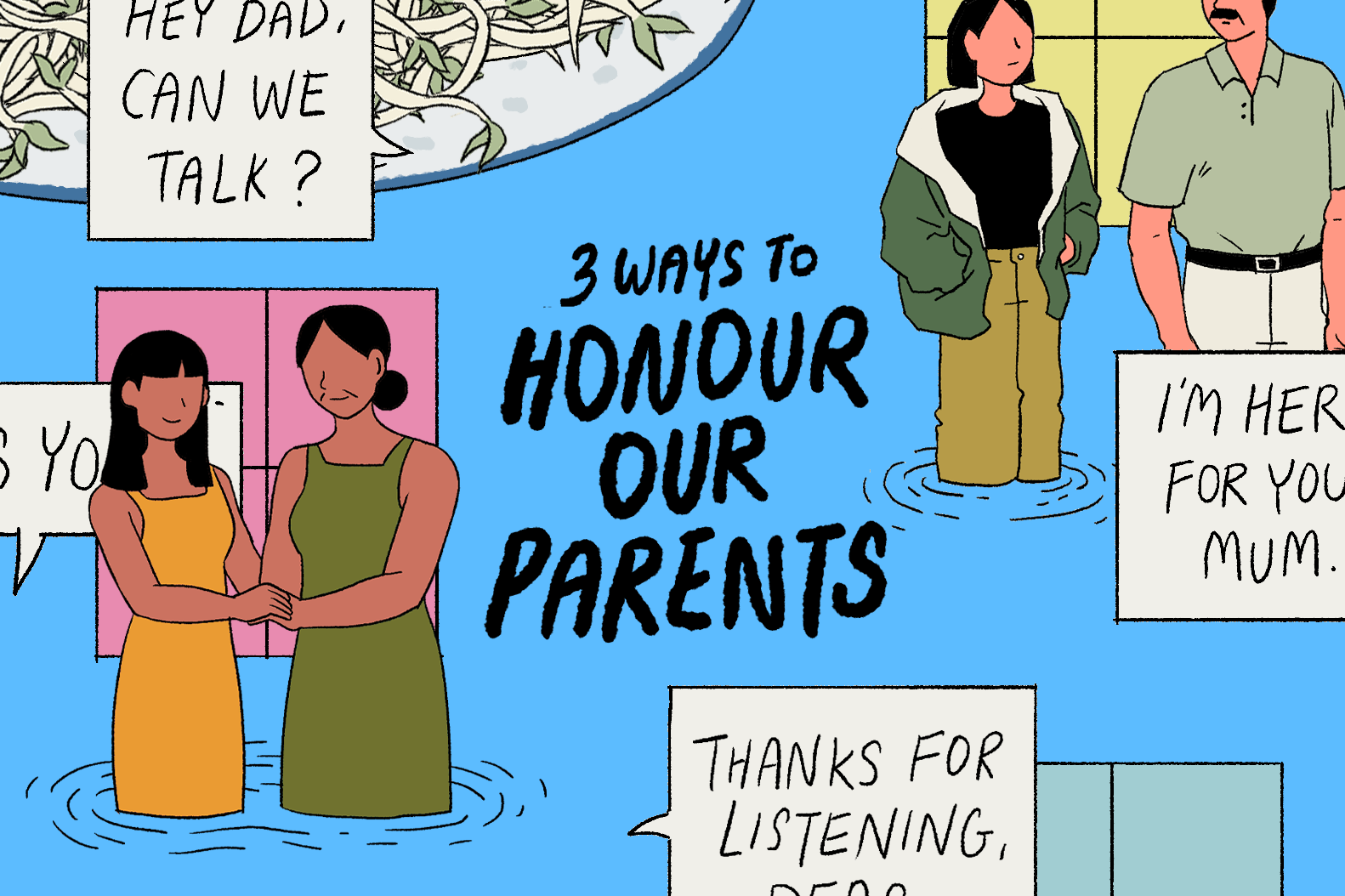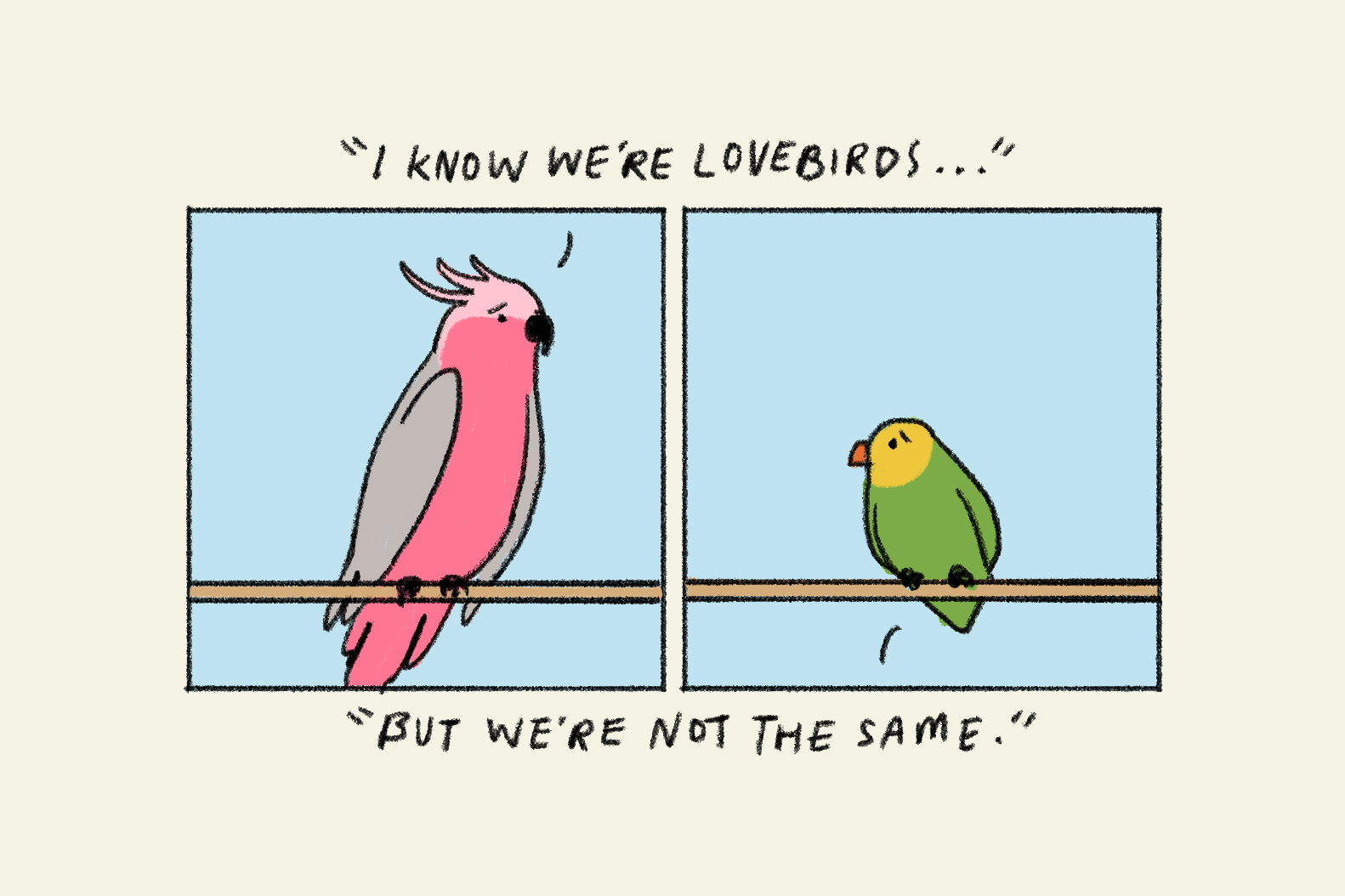The bells toll cheerily. The doors fling open and confetti swirls in the air as bride and groom emerge, all smiles and laughter. Waving goodbye, Cinderella and Prince Charming kiss as their carriage rides away into the sun.
The scene is one I can recall too easily. I’m one of those girls who grew up on Disney princess movies, rom-coms and Jane Austen. Add to that my parents’ stable marriage, and it’s hardly surprising that as I matured, a good part of life’s focus was to find my happily ever after.
I was wrapped up in a superficial idea of love. All I saw was the allure of romance.
It took my first spectacular romance fizzling as quickly as it started for that dream to be turned upside down.
Although I had prayed and thought I was seeking God’s guidance, the breakdown of that relationship revealed how I had been too wrapped up in a superficial idea of love. All I saw was the allure of romance.
God had to reshape any thoughts I had about relationships and the eventual marriage I longed for — helping me see what it looks like to glorify God in all I do, including relationships and marriage.
Since that first fizzled romance, I’ve learned a bit more about love, and these are some things I would tell my younger self.
1. IT’S NOT ABOUT YOU – OR WHAT YOU WANT
When I was in my teens, I had a list describing my ideal man. It looked pretty reasonable: Christian, diligent, tall, etc.
What I didn’t have was a list for myself — the kind of spouse I aspired to be. Instead, I was focused on who would fit my list… “The One” who would make me happy, who would complete me. My first boyfriend seemed to fit it, but because we both entered with self-seeking hearts, the relationship was bound to fail.
I still believe it’s good to have basic and sound standards, so that you won’t just fall for the next guy who comes with sweet words and gifts. But it shouldn’t stop there.
The obvious fact I somehow missed, is that marriage is made up of two persons. It is as much about the other person as it is about me.
So, I began to look beyond personal wants and considered how I could honour God in the way I related to my potential future spouse. How could I give and not just receive?
2. IT’S ABOUT LOVING WITHOUT CONDITIONS
I learned what we can give is love.
I don’t mean the eros, romance kind of love, although that is important. But the love that sustains the day-to-day of living with someone else is the God kind of love that is unconditional and enduring. This agape love will help build the relationship on eternal values and root it firmly in God.
When God rebuilt my view on marriage, He taught me how to love others with no condition. I’ll be honest — for a long time, all I saw in guys was “potentials” and whether any of them would “suit” me.
But when I joined my university’s Christian Fellowship, God opened my eyes to see that they are first and foremost my brothers. That’s when I learned to be a true friend. To listen, to support and encourage, to forgive and give grace — to seek the interests of another with no selfish intent (Philippians 2:1-4).
Of course, I applied this to my fellow sisters, too. It’s just that loving my guy friends the right way helped deconstruct my self-absorbed perceptions, and prepared me with the right mindset when I did marry.
By the time I graduated, my view on marriage improved, and I was also blessed with sincere and strong friendships that have lasted until today.
3. IT’S ABOUT DISPLAYING GOD’S LOVE
Marriage reflects God’s relationship with His people — it’s about learning to live with one another in love.
Jesus refers to Himself as the bridegroom, and the Church as the bride. Ephesians 5:25-27 clearly points out that we are to love as Christ loves the Church. And since we know that Christ laid down His life for the Church, that’s the same kind of love we should be practising (John 15:13).
If done right, marriage is one of the greatest testimonies of God’s love.
God then designed marriage to be the field where unconditional love is played out in a very real way. My husband and I learn this whenever one of us makes any kind of mistake.
Once, we came home after a two-week break to a fridge full of mouldy and stinky produce. No prizes for guessing who accidentally turned the fridge off. My husband could have yelled the place down at my incompetence, and I would have deserved it. But he didn’t. He heaved a few big sighs and then got down to cleaning the fridge.
This reflects our relationship with God. We constantly blunder, but God is slow to anger, quick to forgive and gracious to help us get through the mess we deserved to be stuck in. If done right, marriage is one of the greatest testimonies of God’s love. If we love selflessly in a marriage, John 13:35 comes into fruition: “By this everyone will know that you are my disciples, if you love one another.”
A BETTER PURPOSE
Had God not reformed my thinking, I would have been unprepared for daily married life. There would have been more conflicts and ironically, much less happiness if my husband and I were seeking only our personal interests.
Yes, there is happiness in marriage, which we celebrate. But there is so much more than the Cinderella kind of happiness. Francis and Lisa Chan had this to say in their book, You and Me Forever.
“This is the mistake a lot of couples make. They spend a lot of time looking at themselves and each other but very little time staring at God. When this is the focus, they naturally begin to structure every aspect of their lives around the few years they have with each other on earth, rather than the millions they will spend in His presence. Or away from His presence. These people live as though they are not dying. They live as though the King is not returning.”
This is how I now view marriage: It’s a call to live with another person in love, built on a goal to glorify God in every single thing we do and firmly rooted in God so that our joy comes from things that are eternal.
That’s the true happily ever after.
This article was first published on YMI and is republished with permission.
- What does marriage mean to you?
- Do you believe in “The Right One”? Why or why not?
- What is God’s will for you in the area of marriage?
- How can you align yourself to that?









